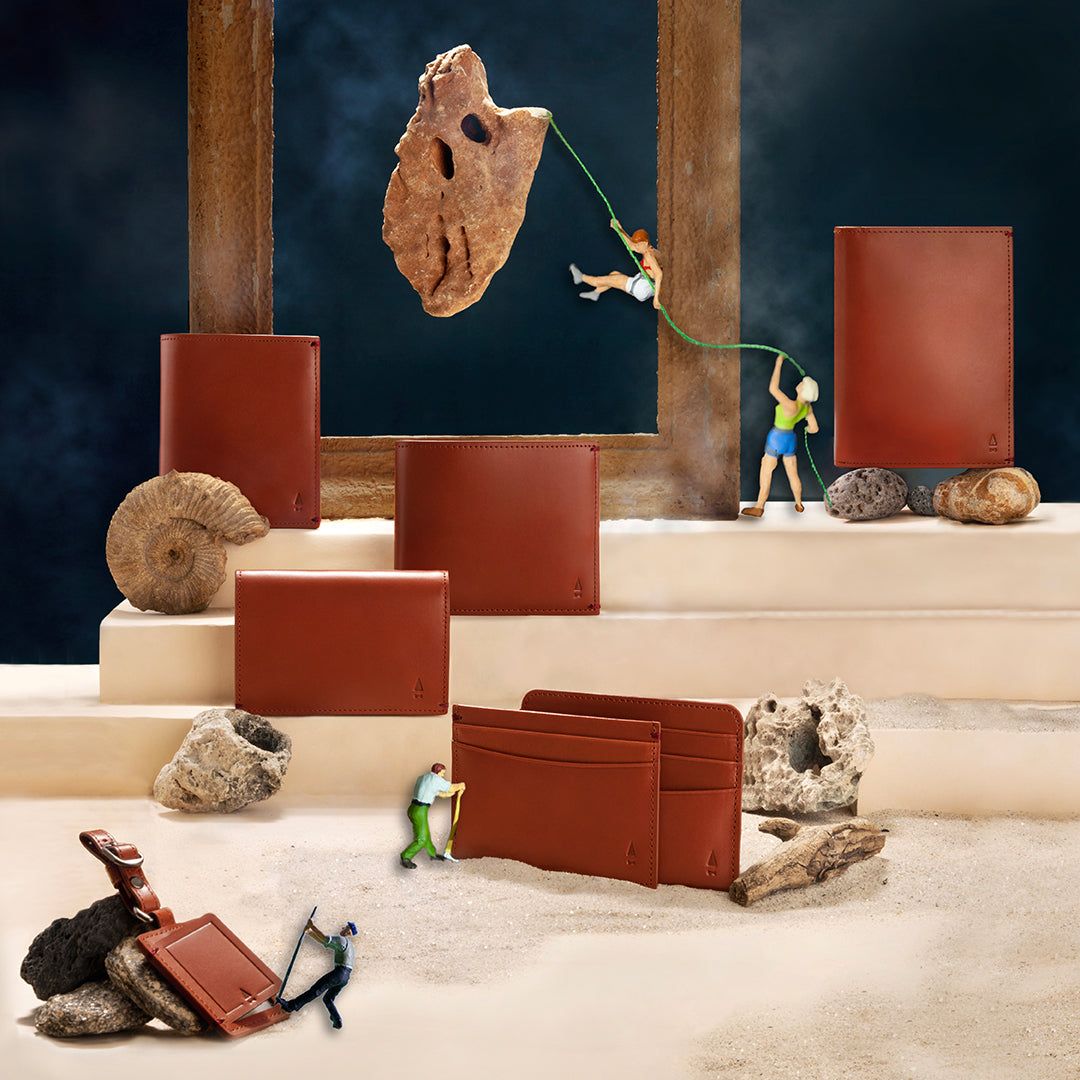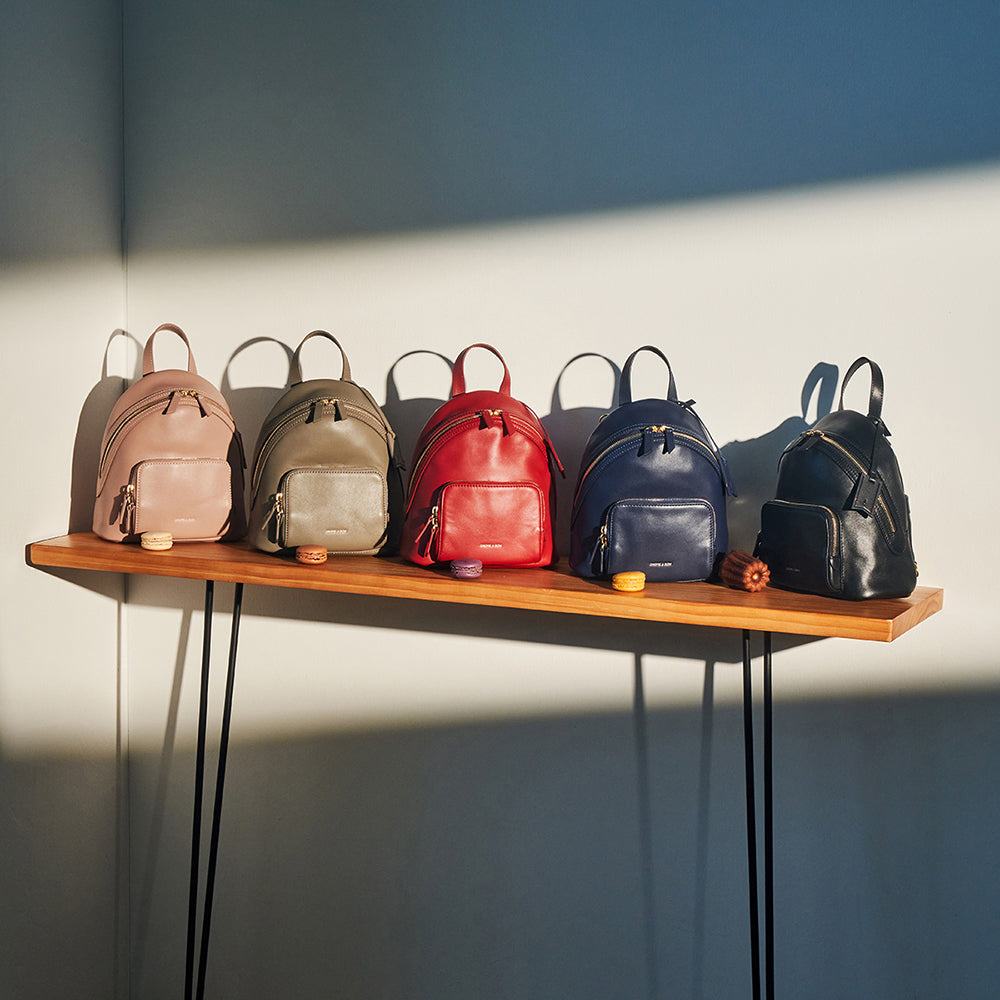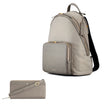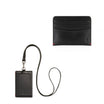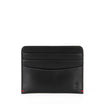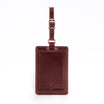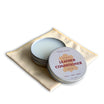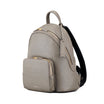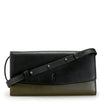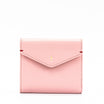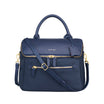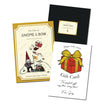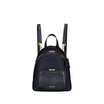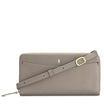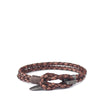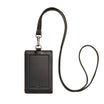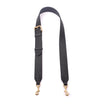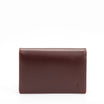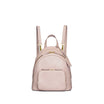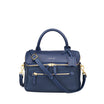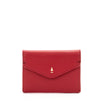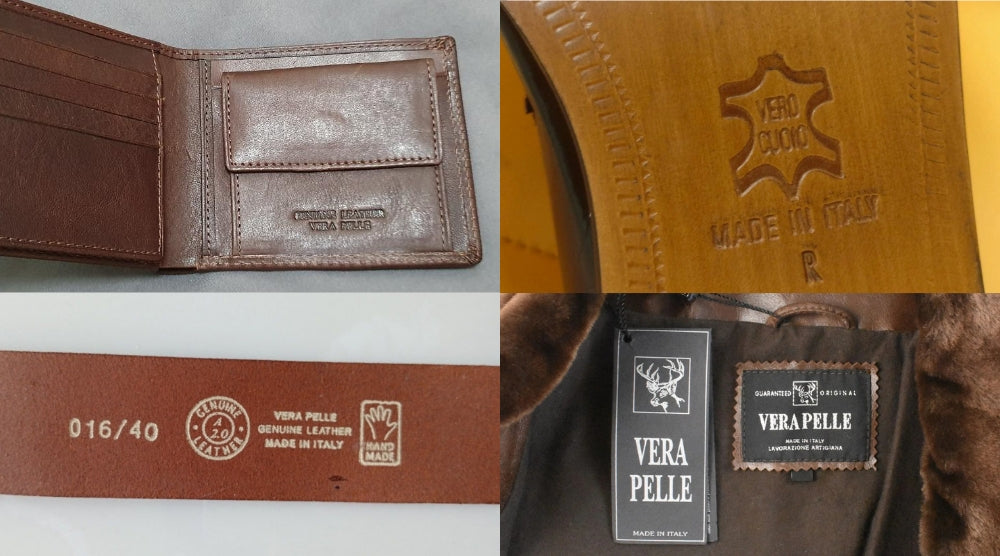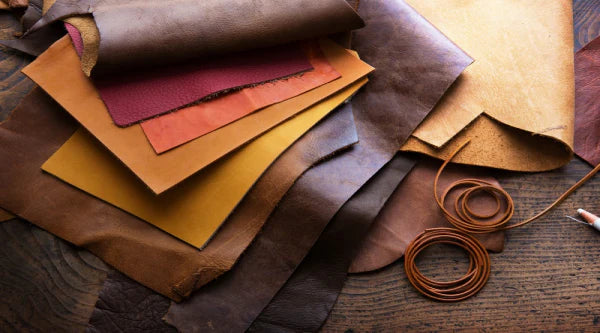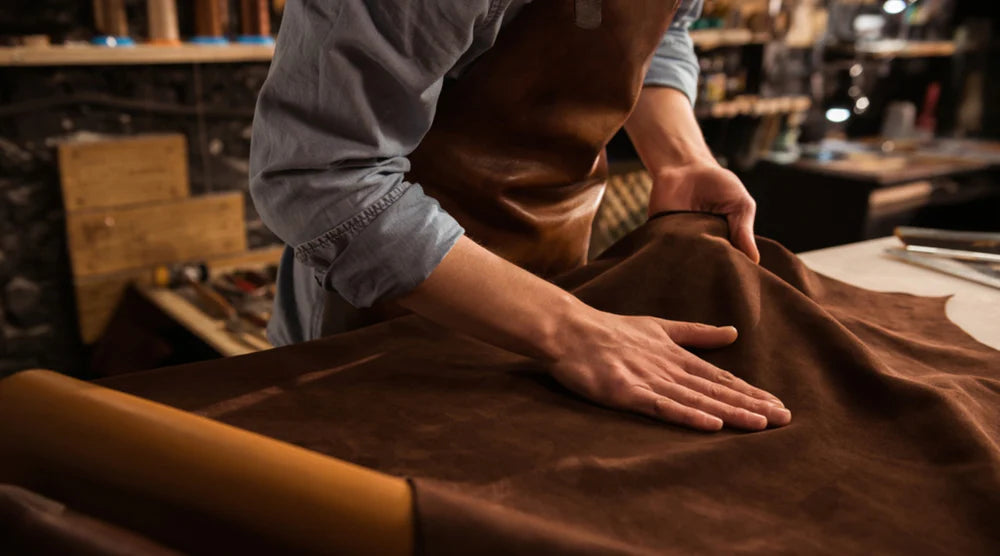The Ultimate Leather Guide
Compare Leather Grade, Finish and Tanning
Leather – there's both an art and a science behind it. Find the leather that suits you best.
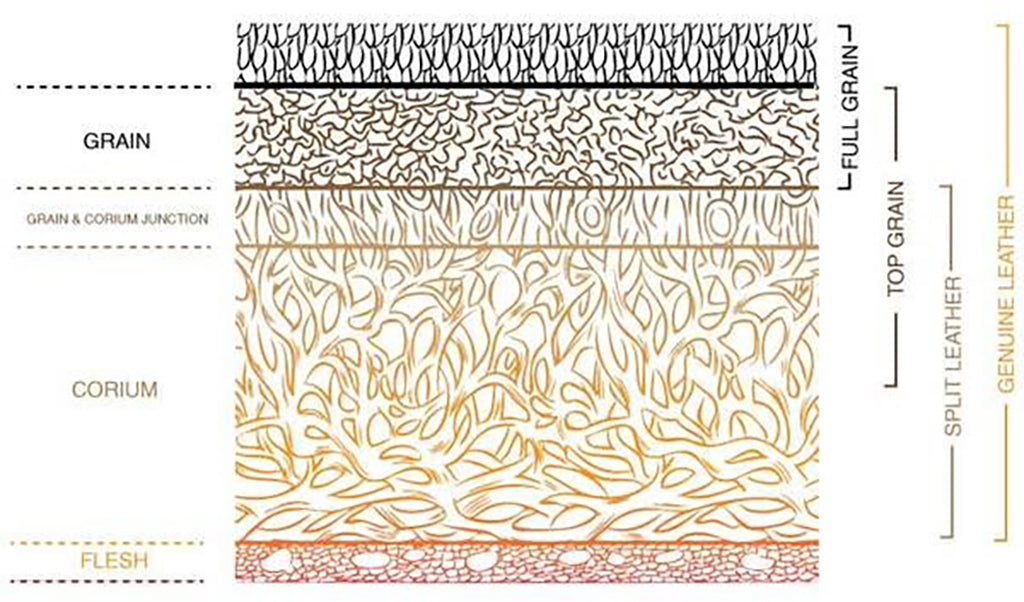
Compare
Leather Grade
It all begins with the cowhide, which can be split into multiple distinct layers, which then determines leather grade. The closer the layer to the surface skin, the tighter the fibres and hence the better the durability and quality. Genuine leather does not always mean high quality - learn more about its misleading truth
Gnome & Bow uses only Full Grain Leather for maximum durability and longevity, a testament to buying less, buying better. Learn about our Premium Materials.
Full Grain
Top Grain
Split (Genuine)
Highest grade
Second highest grade
Low grade
High
Medium-high
Inexpensive
Long-lasting (up to a lifetime)
Long-lasting
Poor
Unique, natural look, blemishes & imperfections visible
Uniform, no or little imperfections, polished finish
Soft and fabric-like in raw state, but appearance varies depending on finishing treatments
Patina development, smooth surface, strong, supple and flexible
Varying plastic-like texture depending on finish, soft, no or little patina development, strong
Weak, thin, prone to peeling, stretching and cracking
Bags, wallets, belts, shoes, heavy-duty items like utility belts
Luxury goods like briefcases, handbags, purses and wallets
Cheap, low-quality leather goods, upholstery and linings
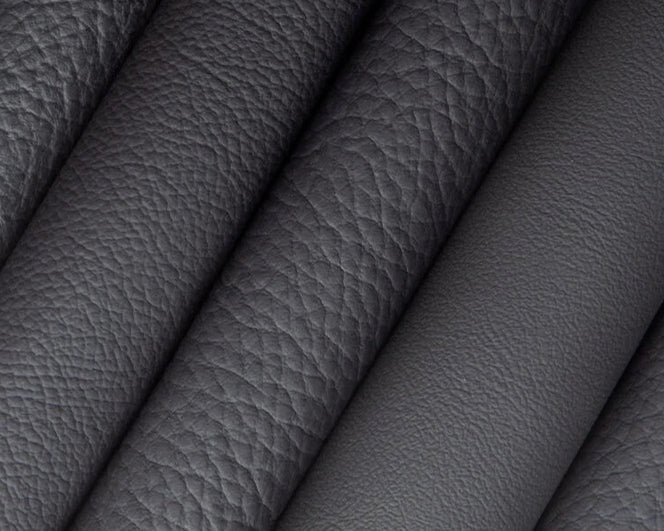
Compare
Leather Finish
Basically is the skin 'naked' and how much "make up" or "plastic surgery" has been put on to cover flaws or alter the appearance of the leather from its original natural state.
Gnome & Bow uses a range of Aniline (Italian) and Semi-aniline (Wax, Nappa, Pebble) Leathers.
Aniline
Semi-Aniline
Pigmented
Highest
Second highest
Lowest
Minimal
Bluffed, embossed or coated with protective layer
Buffed, embossed, coated and sprayed to remove all blemishes
Natural appearance fully intact, visible pores and imperfections. A natural beauty.
Uniform, no or little imperfections. A little make up and still beautiful.
Consistent, even finish that looks "perfect" or in some cases plastic or unnatural. Full surgery.
Low
Medium
High
High
Med-high
Low
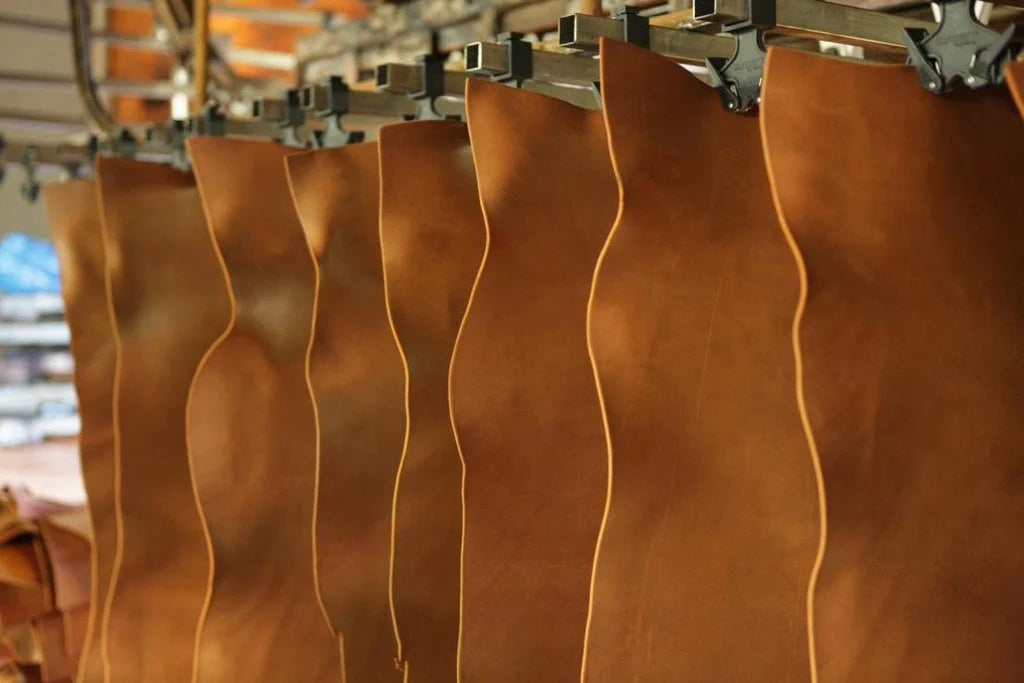
Compare
Leather Tanning
Vegetable-tanned leathers are thicker, stiffer, scratch easily but age gracefully and are more environmentally friendly, while chrome-tanned leathers tend to be softer to touch, lighter, more affordable and offer a larger variety of colours and finishes. Pick the one that suits your tastes and lifestyle.
Gnome & Bow uses a range of Vegetable-tanned (Italian) and Chrome-tanned (Wax, Nappa, Pebble) Leathers.
Vegetable Tanning
Chrome Tanning
Vegetable tannins derived from nature
Chrome-based chemicals
Stiff
Varies
High
Low
High
Mid-high
Low
Mid-high
Low
Med-high
Narrow (Blacks and shades of browns)
Wide (Full spectrum of colours)
Ages to form a patina
Varies
High
Med-high


